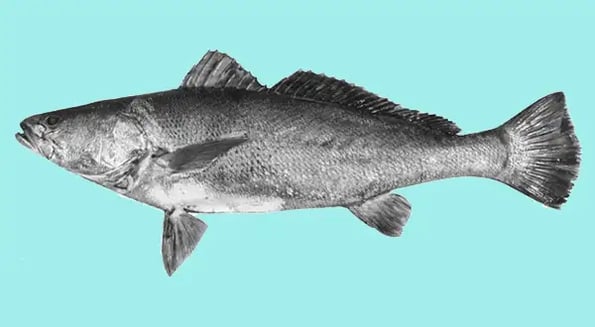In recent years, authorities at the US-Mexican border have reeled in several suspicious smugglers carrying concealed kilos.

Just last month, Quartz reports, a California sheriff pulled over 2 men smuggling 104 pounds of premium product worth as much as $3.7m.
But these smugglers weren’t carrying cocaine or fentanyl. They were smuggling something slimier: fish bladders.
The bladder boom
The bladder of the totoaba, a giant fish found only in Mexico’s Sea of Cortez, sells for up to $80k per kilo (which, according to the ultimate street drug price authority, Quora, is more than cocaine in many US cities).
Totoaba bladders — which can sell for as much as $137k apiece — are called the “Mercedes Benz of dried fish” in Hong Kong, where they’re prized as a soup ingredient for their alleged anti-aging properties.
But there’s a dark side to the bladder boom
Chinese bladder barons only set their sights on totoabas after they’d battered the bladders of Chinese yellow croakers to the brink of extinction.
Today, totoaba are severely endangered, and the booming bladder black market is threatening to wipe out the species (along with vaquitas, Mexican porpoises that are even more critically endangered).
Plus, since the Sinaloa cartel — the world’s most dangerous drug-trafficking criminal group — recently invested in the totoaba trade, the business of the bladder is bound to get even badder.
